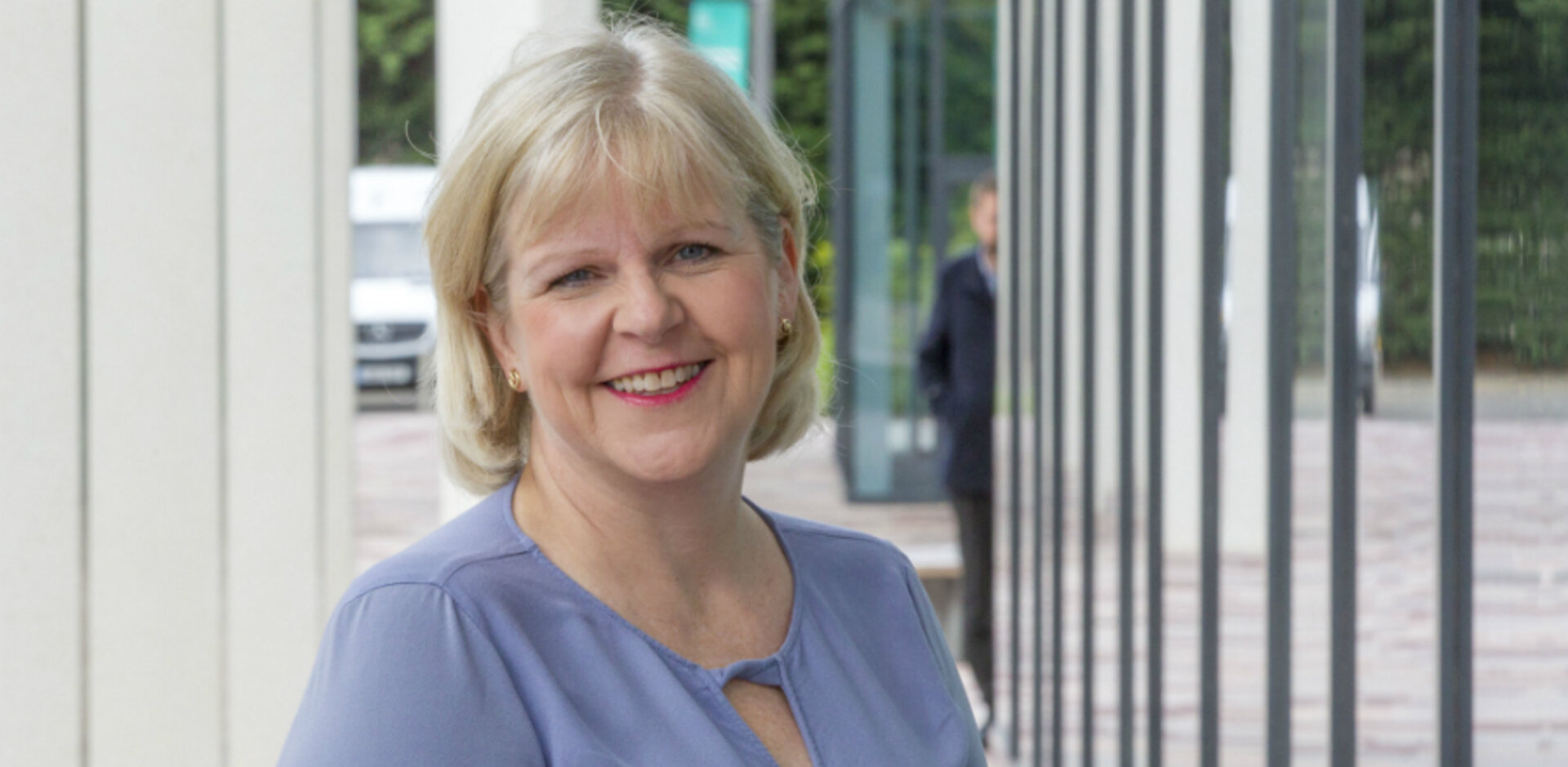MS Society backs research project to develop VR games for patients

The MS Society has backed innovative research into how technology can be used to increase participation in exercise and improve upper limb function in patients.
The charity is funding a joint project between Glasgow Caledonian University (GCU) and the Glasgow School of Art (GSA) to work with a PhD student to develop interactive games to help people with the condition.
Lorna Paul, Professor in Allied Health Science at GCU, is lead supervisor of the ‘Upper Limb Rehabilitation Using Immersive Virtual Reality for People with Multiple Sclerosis’ project to use 3D digital technology to increase patient participation in exercise and improve upper limb function.
She will work with Amy Webster, a GSA Medical Visualisation and Human Anatomy graduate, who spent time with a group of people living with MS developing a series of interactive 3D digital games using the Leap Motion system in which a small sensor tracks hand movement. Feedback from the group was very positive including many suggestions for further development.
Now with the support of the MS Society, Amy will take this research forward to investigate further whether innovative technology such as virtual reality (VR) has the potential to be a form of upper limb rehabilitation for people living with MS testing a series of games that use a VR environment with or without a VR headset.
Professor Paul said: “Technology opens up lots of opportunities in rehabilitation and through VR we can improve the rehab we are giving to people with MS, making it much more personalised, motivating, fun and engaging which encourages people to do more and get better outcomes.”
She added that the project brings together GCU’s clinical physiotherapy knowledge with the visualisation expertise at GSA. Amy will have additional supervision from Dr Matthieu Poyade of the GSA’s School of Simulation and Visualisation.
Long-term exercise can be effective in helping upper limb problems, which are very common in people with MS, affecting up to three quarters of those with the condition. This can lead to difficulties in carrying out activities of daily living such as doing up buttons or lifting a cup.
Amy said: “The games are designed to be fun and engaging, and to give real time feedback to users. This should help to encourage people to commit long-term to an exercise programme and ultimately improve or at least maintain upper limb function.”
MS Society Scotland Director Morna Simpkins said: “We are pleased to be investing in this exciting new project in Glasgow as we continue to push for more and better treatments for everyone with MS.”
